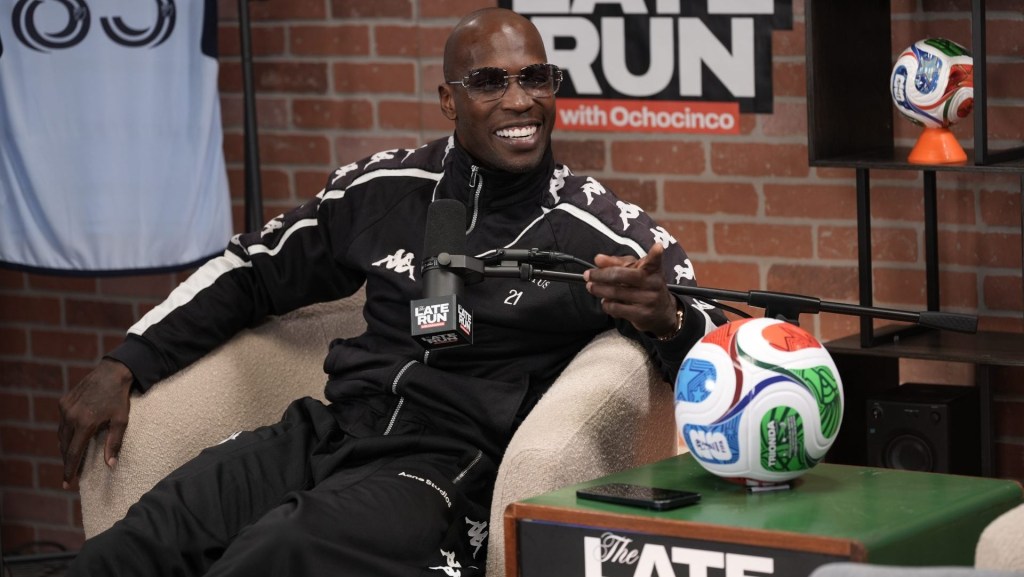Hubie Brown is calling it a career—at 91.
The current NBA season will be the last for the longtime coach turned ESPN commentator. Burke Magnus, the network’s head of content, told Sports Illustrated’s Jimmy Traina in a podcast episode published Thursday morning.
“We are going to give Hubie one last shot on a game. He deserves that,” Magnus said on the show. “We think the world of him. I think it’s absolutely remarkable the level he still calls games at age 90-plus … we’re going to honor Hubie this year during the regular season at some point to be determined and send him off in style.”
Brown is an institution in the NBA. A two-time coach of the year, this season marks his 51st associated with a league that is less than 80 years old. Born in Pennsylvania and raised in New Jersey, Brown rose from the high school ranks into college and became an assistant coach for the Milwaukee Bucks in 1972, with a team that boasted future legends in Kareem Abdul-Jabbar and Oscar Robertson.
He coached the now-defunct Kentucky Colonels to the 1975 ABA title led by Artis Gilmore. Brown later coached the Atlanta Hawks, the Knicks—where he was Patrick Ewing’s first coach—and the Memphis Grizzlies in the 2000s, where he was hired by Jerry West. Brown stepped down from the Grizzlies in 2004 due to health issues and has spent the past two decades calling games for ESPN.
“I don’t think there’s a single human being that’s ever had a longer association with professional basketball,” Magnus added.
Brown has fought off Father Time better than many of his peers, being able to give strong analysis and teach the game coherently and with detail into his 90s. He had been calling roughly 15 games a year as of last season, including the Knicks’ Christmas Day game against the Bucks. In 2023, he told The New York Times he still goes into a broadcast having watched at least the last two games for both teams.
“I never want to go into a telecast and not be prepared about where this team is, where the injuries are, what the problems are,” Brown said. “I try to speak to the people in the audience exactly like I’m talking to my assistant coaches and to the players in the huddles when we’re talking at a timeout. We owe you why are things happening. And when things happen, we want to back that up for you, because never once do I ever underestimate the IQ of the audience.”







![[Subscription Customers Only] Jun 15, 2025; Seattle, Washington, USA; Botafogo owner John Textor inside the stadium before the match during a group stage match of the 2025 FIFA Club World Cup at Lumen Field.](https://frontofficesports.com/wp-content/uploads/2026/02/USATSI_26465842_168416386_lowres-scaled.jpg?quality=100&w=1024)
![[Subscription Customers Only] Jul 13, 2025; East Rutherford, New Jersey, USA; Chelsea FC midfielder Cole Palmer (10) celebrates winning the final of the 2025 FIFA Club World Cup at MetLife Stadium](https://frontofficesports.com/wp-content/uploads/2026/02/USATSI_26636703-scaled-e1770932227605.jpg?quality=100&w=1024)








